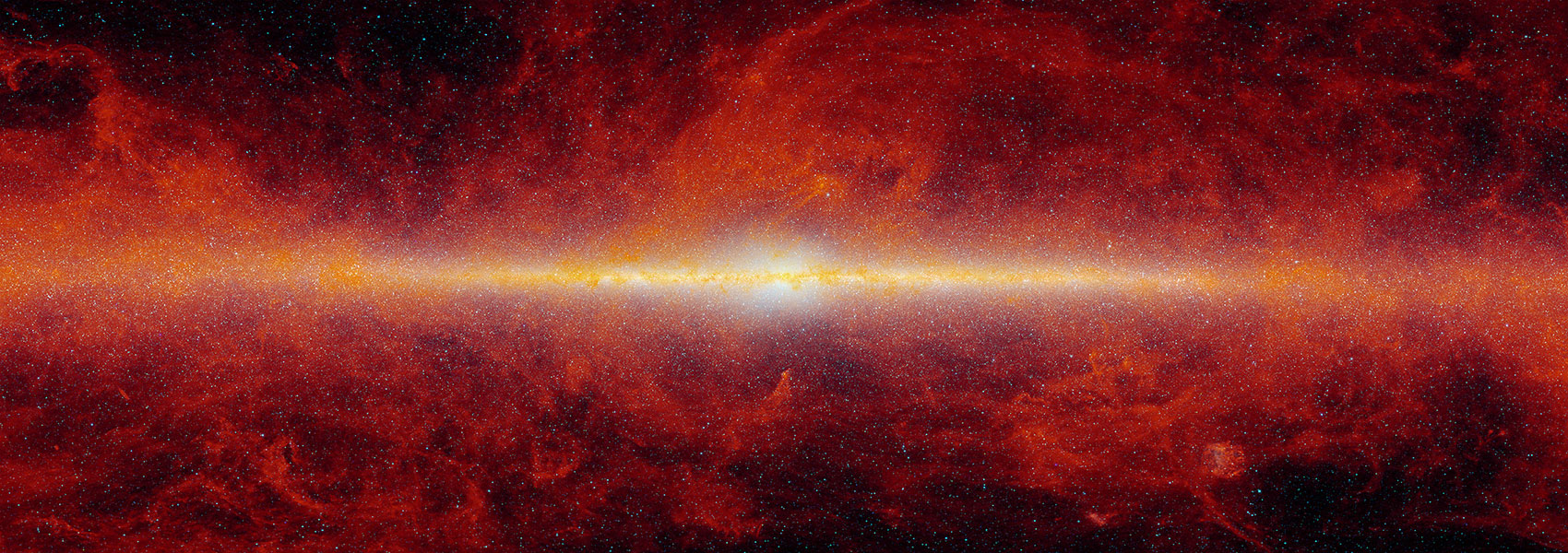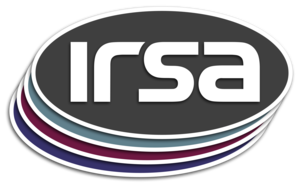The Near-Earth Object Wide-field Infrared Survey Explorer Reactivation Mission (NEOWISE; Mainzer et al. 2014, ApJ, 792, 30) is a NASA Planetary Science Division space-based survey to detect, track and characterize asteroids and comets, and to learn more about the population of near-Earth objects that could pose an impact hazard to the Earth. NEOWISE systematically images the sky at 3.4 and 4.6 μm, obtaining multiple independent observations on each location that enable detection of previously known and new solar system small bodies by virtue of the their motion. Because it is an infrared survey, NEOWISE detects asteroid thermal emission and is equally sensitive to high and low albedo objects.
The following table contains brief descriptions of all metadata information that is relevant to the processing of Single-exposure (level 1) images and the extraction of sources from the corresponding Single-exposure images. The table contains the unique scan ID and frame number for specific each single-exposure image and the reconstructed right ascension and declination of the image center. Much of the information in this table is processing-specific, and may not be of interest to general users (e.g. flags indicating whether frames have been processed or not, and the date and time for starting of the pipeline etc). The metadata table also contains some characterization and derived statistics of the Single-exposure image frames, basic parameters used for photometry and derived statistics for extracted sources and artifacts. For example, it contains the number of sources with profile-fit photometry Signal-to-Noise (SNR) greater than 3, and the total number of real sources affected by artifacts such as latent images and electronic ghosts.
This dataset or service is made available by the Infrared Science Archive (IRSA) at IPAC, which is operated by the California Institute of Technology under contract with the National Aeronautics and Space Administration.




